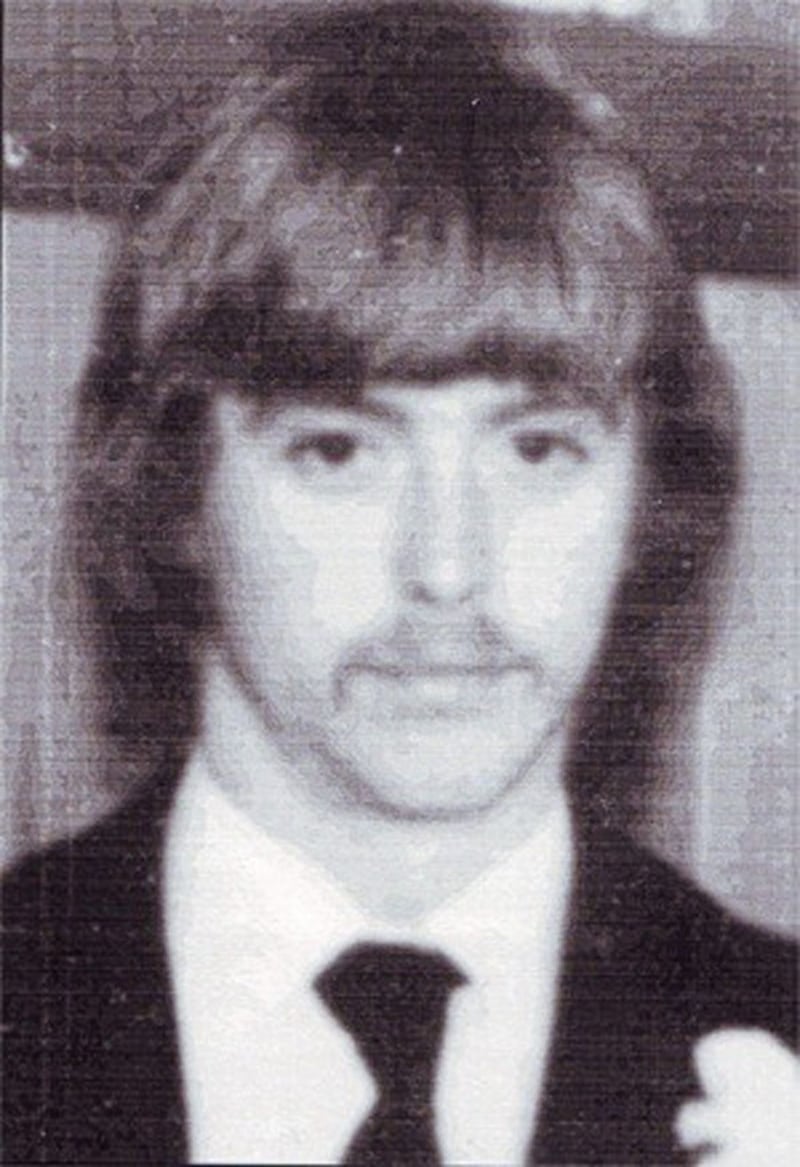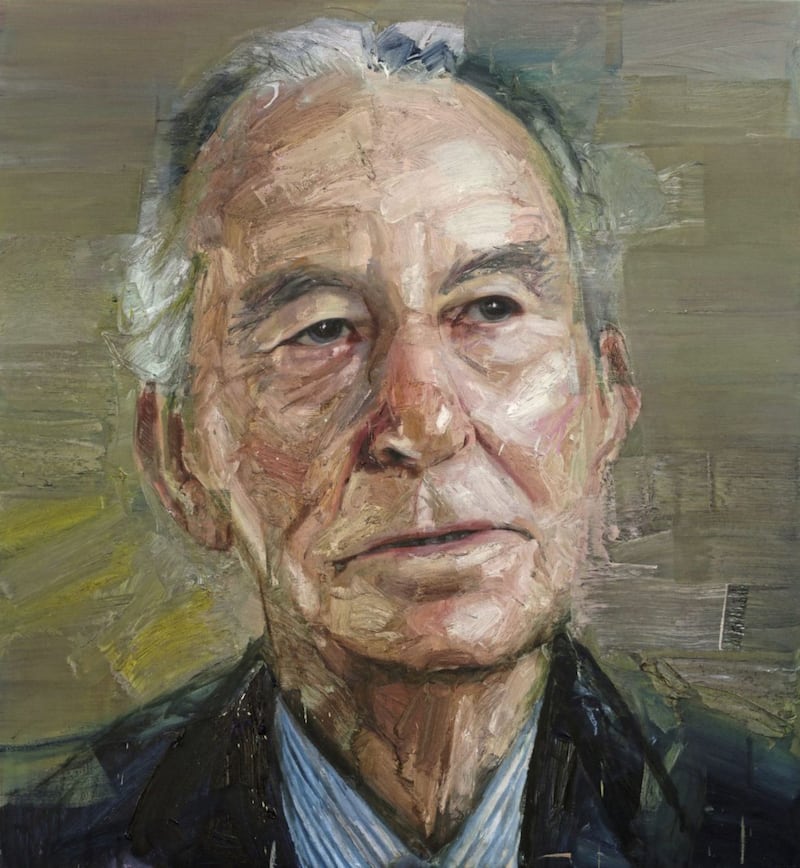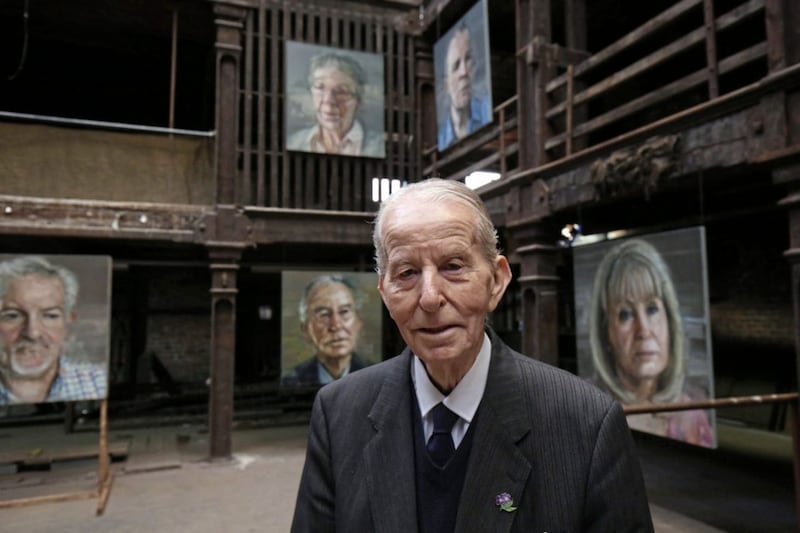A few days ago, I went to visit an elderly friend in Newcastle, Co Down. It was the middle of the afternoon so, conscious that he might be resting, I chose to knock rather than to ring the doorbell.
When, after a few attempts, no one appeared I went but returned an hour later to repeat the exercise with the same result.
I left a note to say that I had called. It was the home of Walter Simons, whom I’d first met almost 40 years ago.
In the 1980s, as a young journalist with RTÉ, I was making a documentary on people in Northern Ireland who had disappeared, presumed abducted.
While each case was unique, all were part of the potpourri of hatred and suspicion that corrupted the environment of the time. The stench of amorality was everywhere and whole communities lived in fear of its pall.
Many cases of the ‘disappeared’ were known but one that was not involved a young man, Eugene Simons, whose family, to that point, had been working quietly to establish his fate.

I phoned the family home and spoke to his father, Walter, who invited me to visit him.
Walter Simons was grief-stricken over Eugene’s disappearance. Walter was also a realist who knew there was little prospect of finding his son alive.
With his wife, Mary, the practical focus was on Eugene’s children but within him there was a burning need to discover the truth. That meant having his body returned or getting information about where it could be found.
The interview was so powerful that not only did it form the nucleus of the later documentary but it was aired in full on RTÉ’s prestigious This Week current affairs programme.
It received an extraordinary reaction. People were shocked by the facts around Eugene’s abduction but as moved by the power and poignancy of his father’s testimony.
Walter Simons spoke for a whole community, he spoke for the mothers, fathers, siblings, wider family and friends of every person who had died, been injured or who had been made to ‘disappear’ during those dark years.
It was a personal story but his account and its tone resonated way beyond the Simons family.
Walter was so empathetic, intelligent and articulate he seemed to embody the hurt of all those who’d been scarred by the depravity of the times and the anger of those who were weary at the wastefulness of it all.
For a long time, I kept in touch with Walter and Mary Simons but life intervened and we lost contact. Then four years ago I was in the area and decided to drive to where they had lived.
It took a while, but I found the house. When a young woman answered the door, I asked if Walter Simons lived there. Instantly from inside I heard, “He does, and I know that voice, so you’re most welcome”. It was an emotional reunion.
I was to learn that the door had been answered by one of Eugene’s daughters, who knew nothing of the bond between this stranger and her elderly grandfather, never mind that its source was an interview about the abduction and murder of her father.
Walter and I talked for a couple of hours in the same front room where I’d recorded his account more than 30 years previously.
I was struck by how in all that time Walter’s intense sadness at Eugene’s loss had diminished not one iota and by how his wonderful, beautiful, watery eyes (magnificently captured in Colin Davidson’s portrait) were as pronounced as they had been when I’d first recorded him.

Driving back to Dublin after calling to Walter’s home a few evenings ago I received a call from one of his daughters. She’d seen the note I’d left for him and wanted to acknowledge it.
Walter had died and the family had only days before laid him to rest. Our conversation was short and about the sharing of basic information touched with whatever sense of sadness I could offer.
We live in such an instant age but there seemed a strange serendipity to it all.
Over the last few days I’ve thought a great deal about Walter. I know he is one of the more remarkable men I have ever met.
Seamus Mallon, another hero to me, recently spoke at the launch of his book, A Shared Home Place, about the spirit of the people of Northern Ireland.
Walter Simons represented that spirit, he was a beacon of hope and dignity, a man who, like Seamus, loved his home place and all its people.
I’m no longer a journalist but all these years on and at the moment of his community’s loss of him, I simply wanted to pay tribute to how he, like many others who endured great personal tragedy, espoused honesty, openness, decency and fairness when those qualities were most under threat.
May he rest in peace.
Fintan Drury





